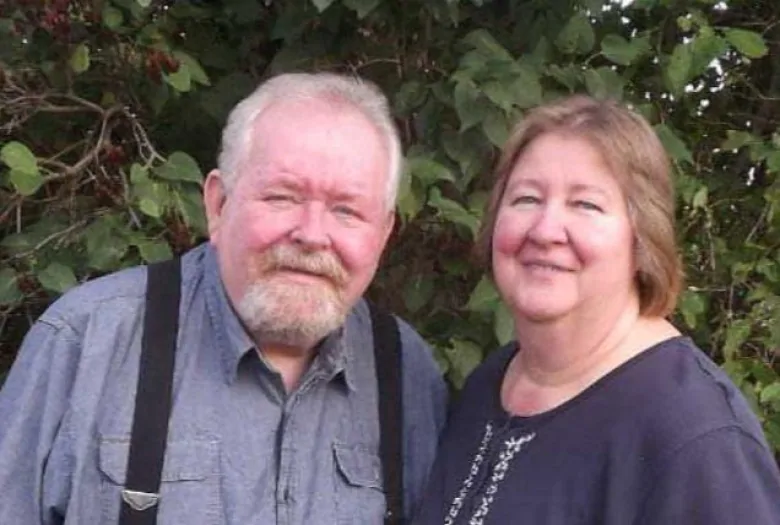Flattening the COVID-19 infection curve, securing funding to pay for overtime, and finding a consistent supply of personal protective equipment and COVID-19 tests for every patient are all requirements for surgeries to ramp up again, the surgeon-in-chief at one of Canada’s largest hospitals says.
The backlog of surgeries created by the cancellations during the COVID-19 pandemic could be as high as 100,000 across Canada. 2:06
Sherry Beattie says her heartbeat often feels “like a washing machine that’s off-balance when it’s in the spin cycle.”
She discovered she had atrial fibrillation — an irregular heartbeat, or arrhythmia — after suffering a stroke at age 58.
Her condition is partly controlled by medication. But Beattie, 61, suffers from fatigue and shortness of breath if she goes up stairs or tries to walk too fast.
After waiting for almost a year, Beattie, who lives in Erinsville, Ont., finally got a call saying she was scheduled for a cardiac ablation, a procedure to fix her arrhythmia, at the nearby Kingston General Hospital at the end of March.
But within days, it was cancelled as hospitals stopped all but the most urgent surgeries to free up resources for an anticipated influx of COVID-19 cases.
Meanwhile, her husband, Jim Beattie, 64, had suffered a heart attack in February and got his triple bypass surgery days before the restrictions came into place in March.
“It was just in under the line,” he said.

CBC News estimates that close to 100,000 patients across Canada have had their surgical procedures delayed due to COVID-19.
That estimate is based on data provided by the provincial and territorial health ministries, cross-checked with benchmark data from the Canadian Institute for Health Information (CIHI) on the number of procedures performed in previous years, when surgeries were at normal volumes.
In the dramatically scaled-back operating room activity amid the coronavirus pandemic, hospitals across Canada are continuing to perform surgeries on patients who are at high risk of death or disability if they aren’t treated within days or weeks — a category that includes the most urgent cancer and cardiovascular cases.
But there are still thousands of patients with heart disease and cancer who have been assessed as less urgent whose procedures have been delayed. Both the Canadian Cancer Society and the Heart and Stroke Foundation have seen an increase in people

